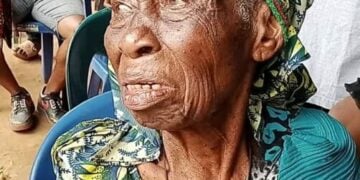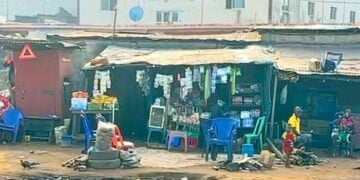A Coalition of Civil Society Organisations (CSOs) in Nigeria has called for the prosecution of Nigerian officials involved in collecting about $80m bribes from a Swiss multinational commodity trading and mining company, Glencore.
According to the CSOs, the Nigerian authorities should investigate and hold public officials accountable for accepting bribes from Glencore, which they said had admitted paying bribes to Nigerian officials.
The CSOs seeking for the investigation and the prosecution of officials were Transparency International (TI), the Civil Society Legislative Advocacy Centre (CISLAC), and the Transition Monitoring Group (TMG).
Speaking through their leader, Awwal Musa Rafsanjani, in a message in TI Annual Newsletter in Berlin, Germany, they said: “Glencore has admitted that it paid bribes to Nigerian officials in connection with deals involving the purchase of oil and petroleum products from Nigeria’s state-owned company.
“It is time for Nigerian authorities to investigate these allegations and hold those responsible to account.”
Despite Glencore facing repercussions for bribery, public officials on the receiving end had not faced consequences.
“The same can be said for over US$1billion paid in bribes by Eni and Royal Dutch Shell for the rights to the OPL 245 offshore oilfield, to members of President Goodluck Jonathan’s administration.
“Nigeria could lose as much as US$5 billion because of the questionably negotiated fiscal terms under the deal, in addition to the US$1.1bn that it already lost due to corrupt payments, according to Italian prosecutors,” Rafsanjani, who heads Transparency International’s Nigeria chapter and 10 other chapters of Transparency International said while urging US lawmakers to adopt the Foreign Extortion Prevention Act (FEPA) to support anti-corruption efforts in their countries.
“FEPA would provide a valuable tool to help countries like Nigeria combat corruption and hold their officials accountable for accepting bribes.
“We urge US lawmakers to pass this important legislation,” Rafsanjani added.





